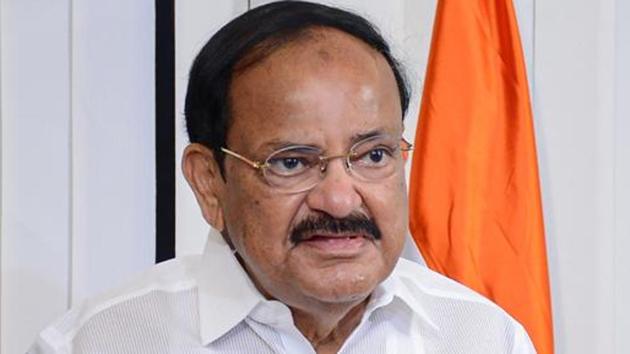Govt expedited reforms by Narasimha, says vice-president Naidu
Rao and then-finance minister Manmohan Singh in the early 1990s initiated the reforms that dismantled the so-called License Raj of approvals and red tape that stifled businesses for much of the first four decades of independence, and opened India up to foreign investment.
Hyderabad Affirming that the reforms initiated by late former Prime Minister P V Narasimha Rao were irreversible, Vice President M Venkaiah Naidu said on Sunday that the process of economic policy changes had been accelerated by the Narendra Modi government.

Rao and then-finance minister Manmohan Singh in the early 1990s initiated the reforms that dismantled the so-called License Raj of approvals and red tape that stifled businesses for much of the first four decades of independence, and opened India up to foreign investment.
“The bold economic reforms launched by Rao had accelerated the country’s development on various fronts. It was during his regime that reforms in agriculture sector were introduced and restrictions on transportation of foodgrains were removed,” Naidu said, releasing a book titled Viplava Tapasvi PV, written in Telugu by senior journalist A Krishna Rao on the different facets of the former Prime Minister. The name of the book translates as Revolutionary Sage PV
The reforms process was carried forward by the Atal Bihari Vajpayee government later and is now being implemented even more vigorously by the Modi government, Naidu said.
“He {Rao} had removed license raj, took up banking reforms, electricity privatization, telecom modernization and took steps for boosting exports and attracting foreign investment. He facilitated the entry of India into the World Trade Organization,” Naidu said.
The vice president said Rao had a firm belief that the government should not be in business, but focus on the welfare and development of the nation. “The objective of the economic reforms was to involve private sector in the development process. He liberalised the economy and involved the private sector in key areas,” he pointed out.
He noted that when Rao took over as the Prime Minister in 1991, the country was experiencing a severe economic crisis and political uncertainty. “He surpassed the expectations of many political pundits and effectively steered the country through many challenges during his tenure,” Naidu said.
Describing the former Prime Minister as a multi-faceted personality, he said Rao was a great scholar and litterateur who knew multiple languages. “Unfortunately, he did not get due recognition in his own party and also as an administrator,” Naidu said.






